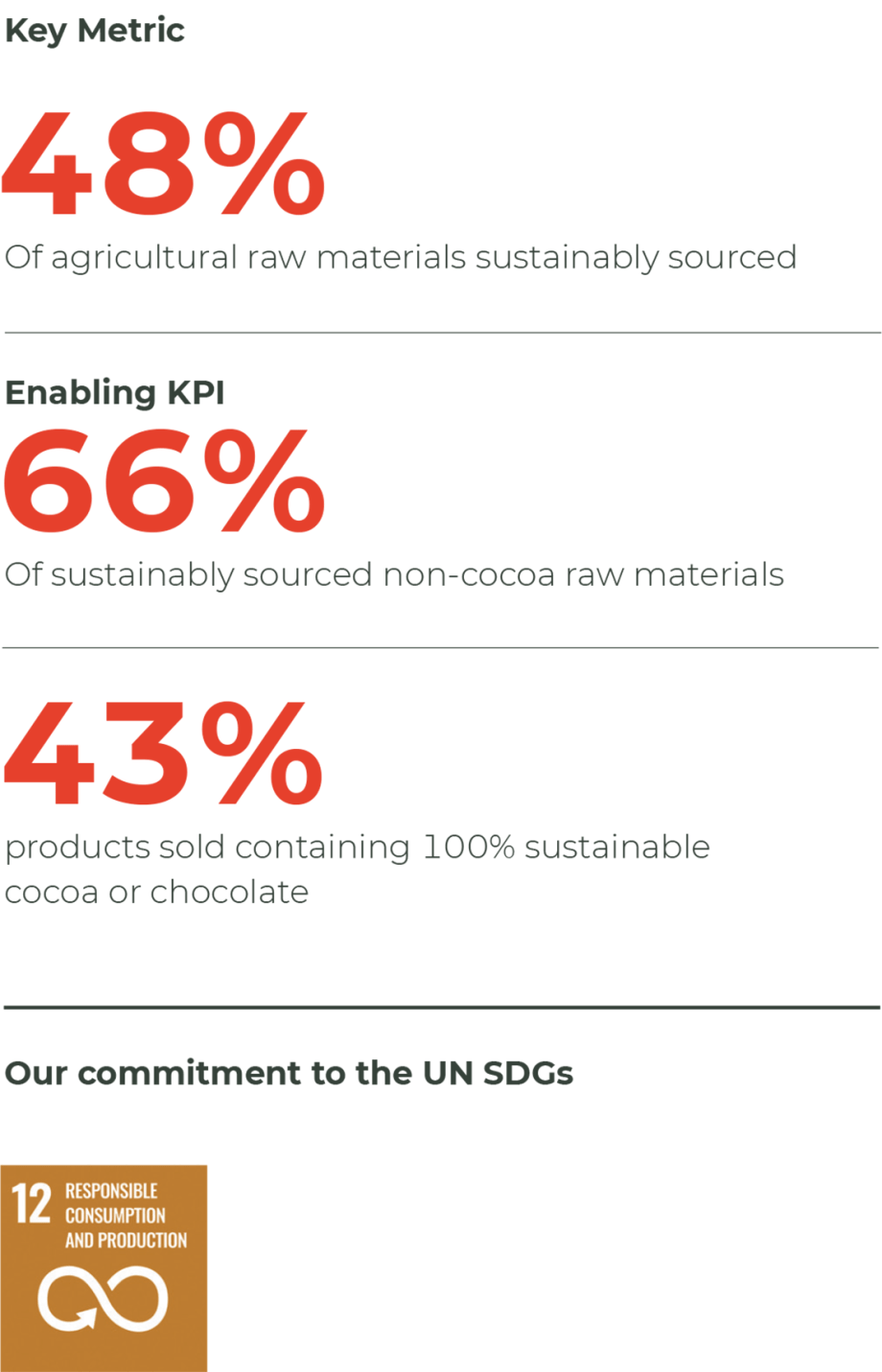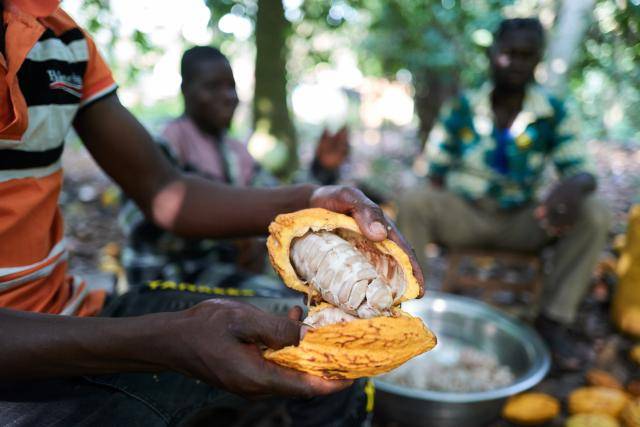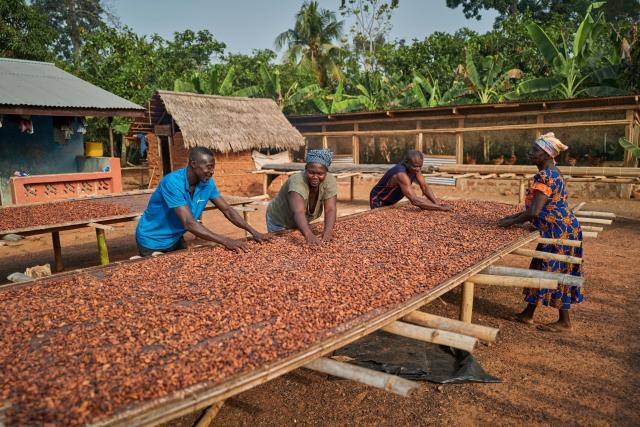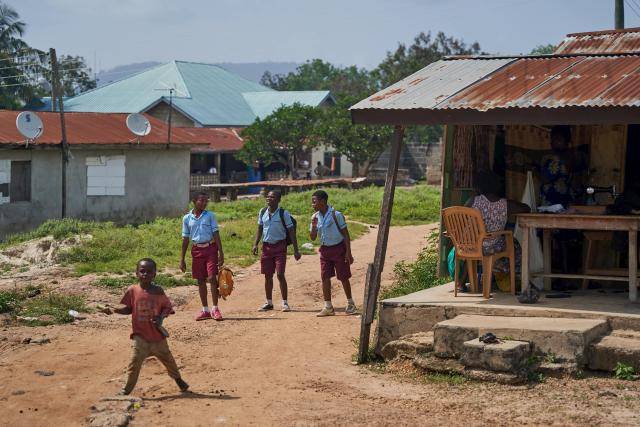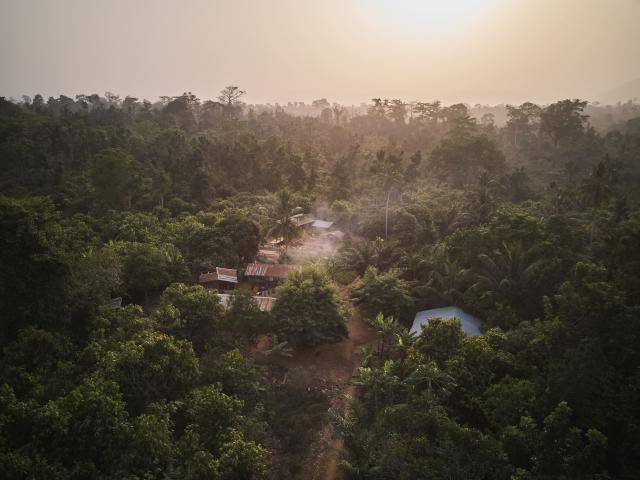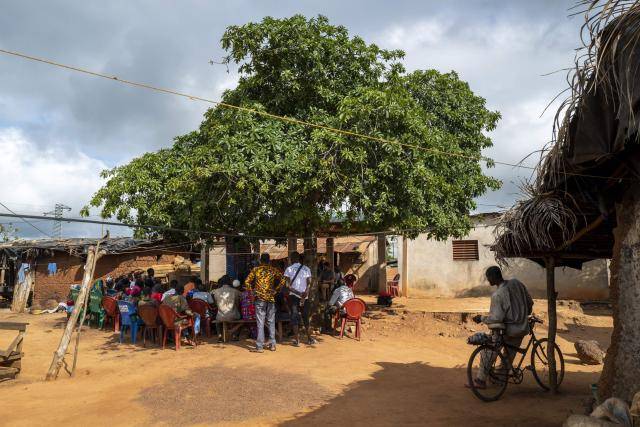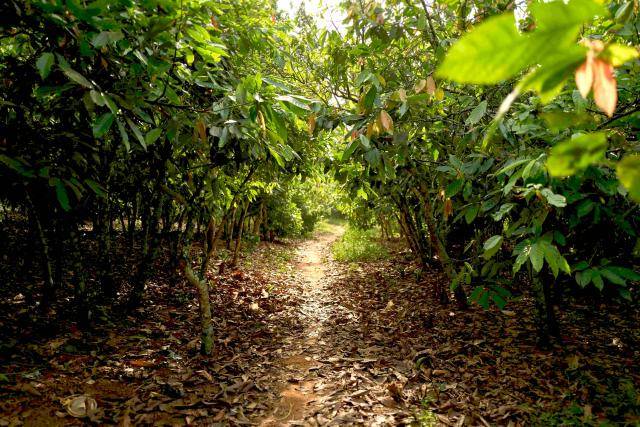Sustainable Chocolate 2020/21
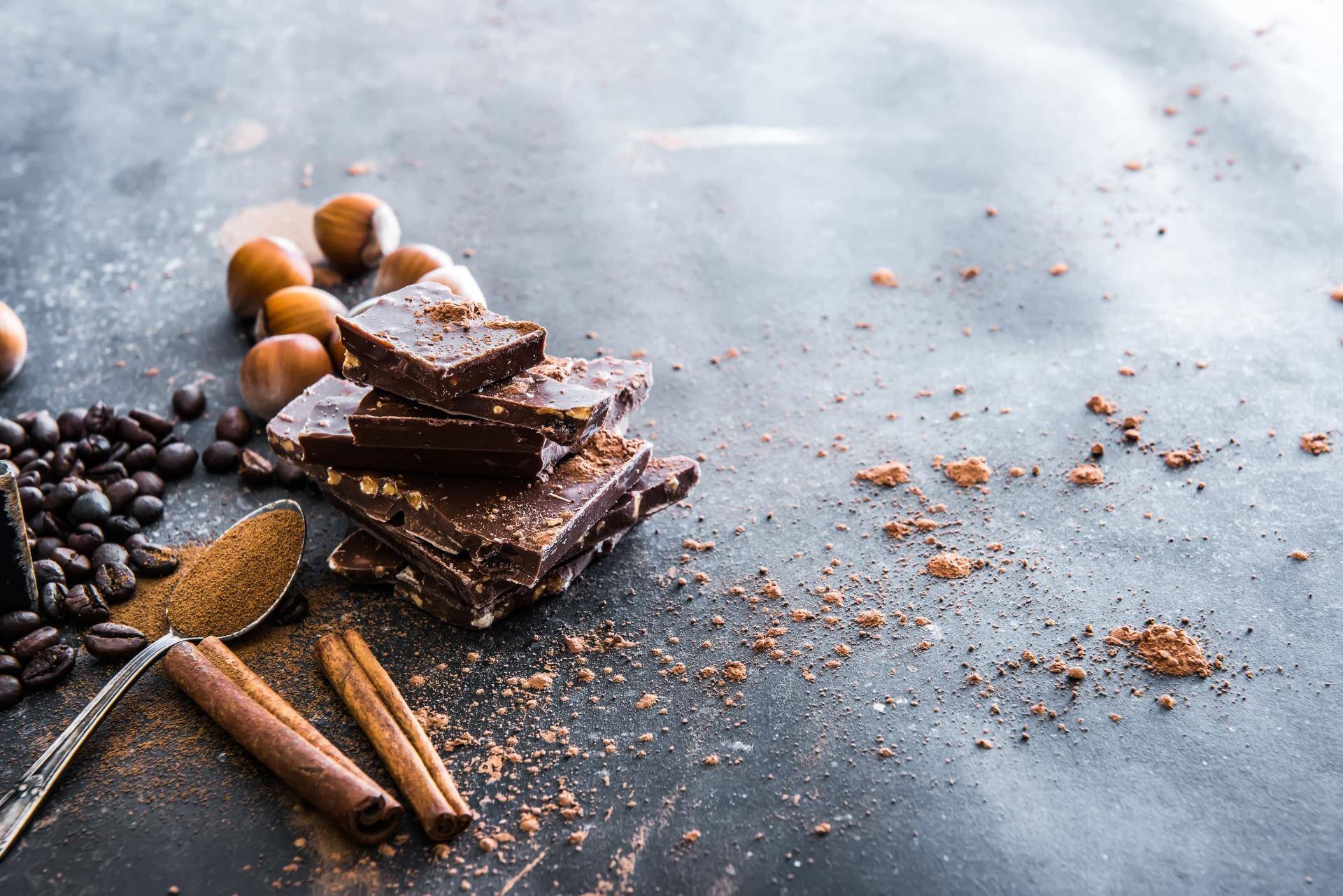
Sustainable Chocolate 2020/21
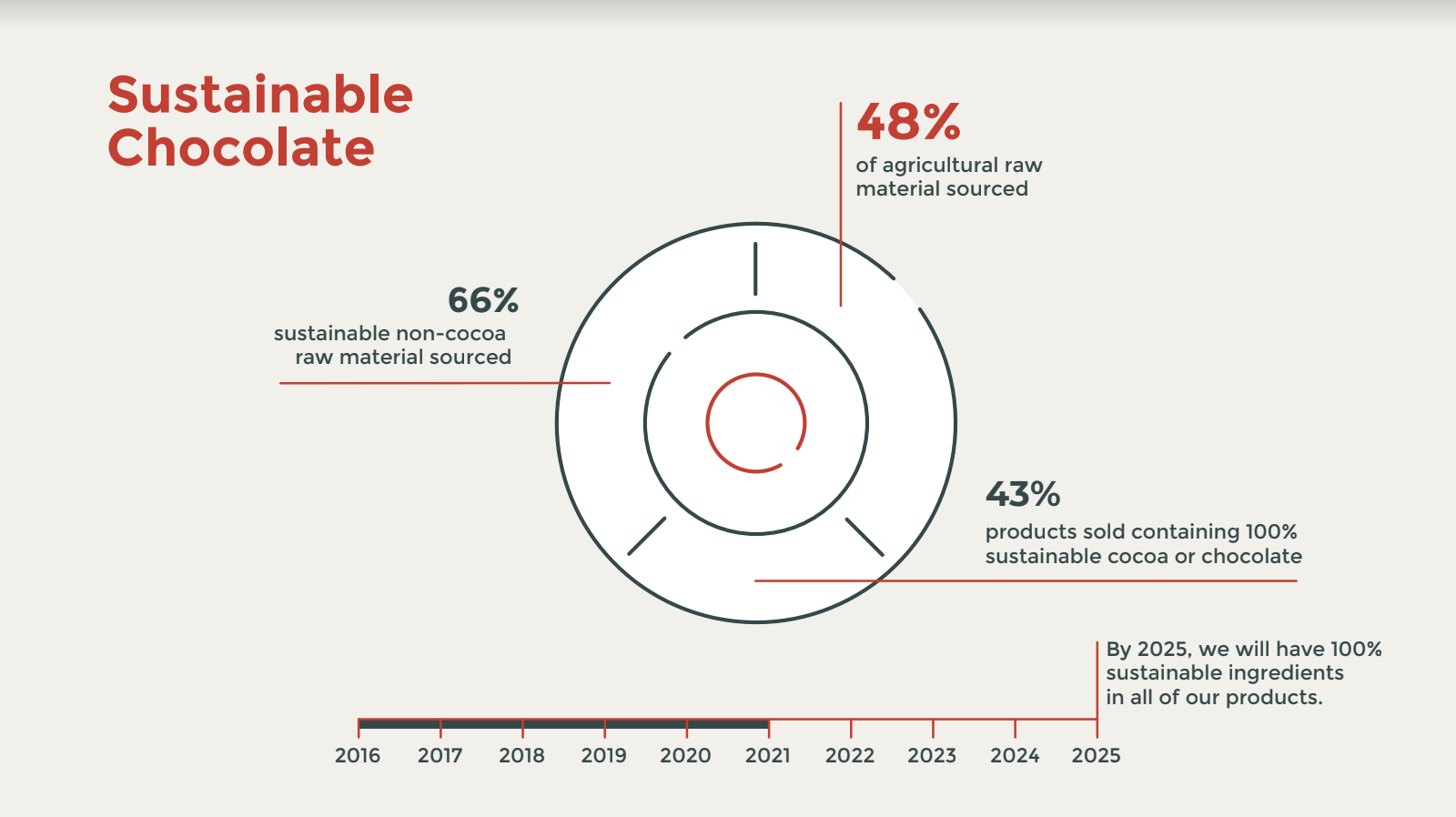
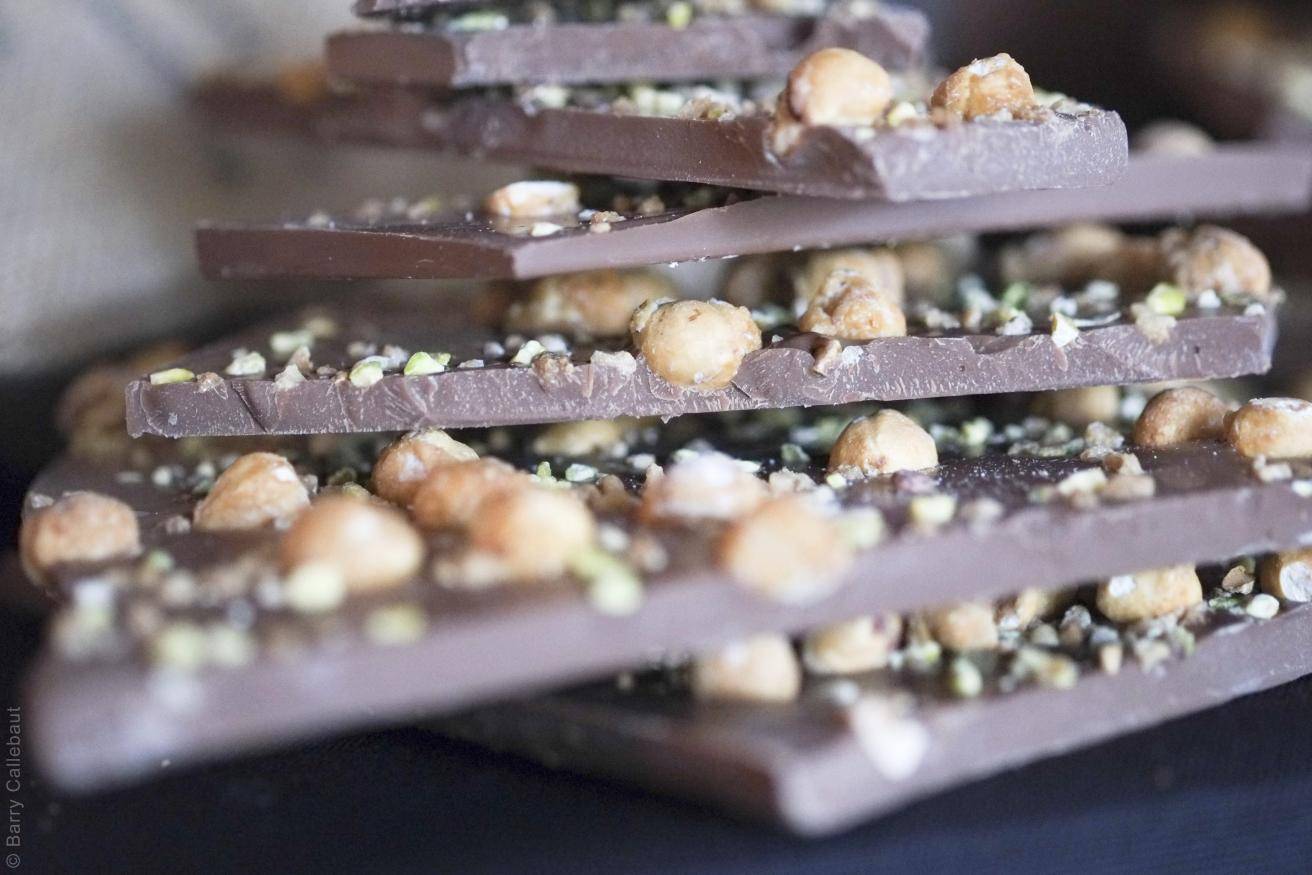
Our approach
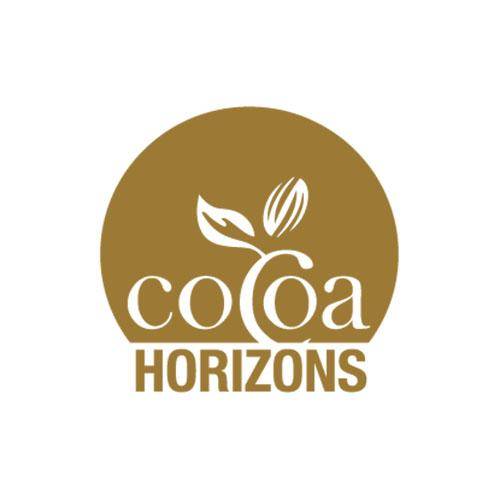
In addition to Côte d’Ivoire, Ghana, Cameroon, Indonesia, Brazil and Ecuador, this year, the program has expanded into Nigeria.
Cocoa
Consumer awareness of issues related to sustainable cocoa production has grown in recent years which has resulted in growing demand for sustainable and traceable cocoa and chocolate. At Barry Callebaut, we are our customers’ key partner to support turning sustainability commitments into reality. Brands can distinguish themselves from their competitors and meet consumer demands by switching to sustainably sourced raw materials, resulting in increased value and brand recognition. Our work involves engaging in sustainable cocoa certifications and programs to improve farmer livelihoods and farming practices. Among them is Cocoa Horizons, our preferred vehicle to enable the implementation of sustainability activities. In addition to Côte d’Ivoire, Ghana, Cameroon, Indonesia, Brazil and Ecuador, this year, the program has expanded into Nigeria.
In 2020/21, we have seen significant growth in Cocoa Horizons, driven by strong demand from customers. Consequently, the premiums from the purchase of Horizons products generated over CHF 28.4 million in funds, an increase of +63% compared to prior year. These funds are invested into activities that help farmers improve their productivity and income, eradicate child labor and deforestation, and become carbon positive.
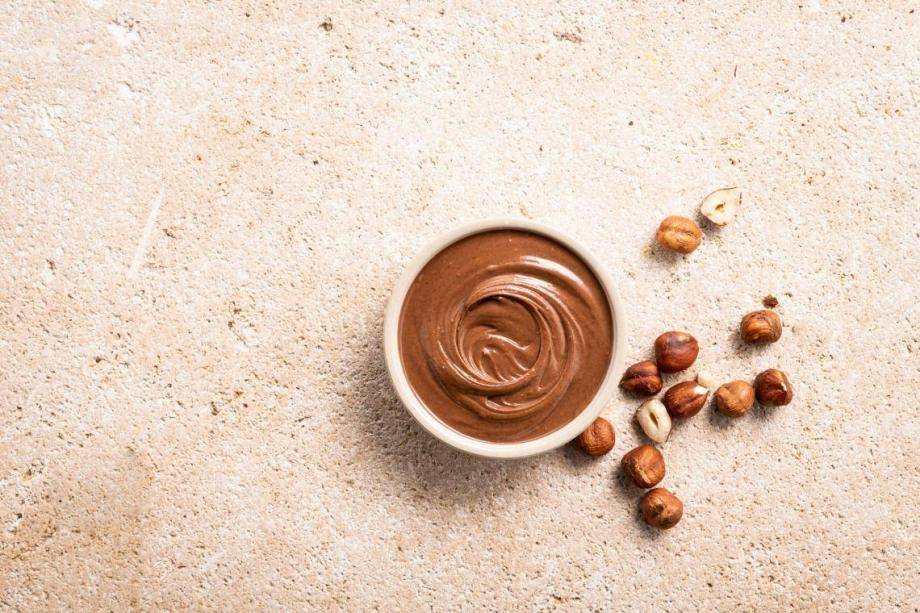
Sustainable sourcing of ingredients
Establishing industry wide sustainability standards and programs is essential for the sustainable sourcing of raw materials besides cocoa. This is why we are working both with our suppliers and industry programs to define and implement sustainability standards for every ingredient we source. Recognizing the important role of our suppliers in our value chain, we expect our suppliers to share our vision and our requirements to support our high ambitions for sustainable supply chains.
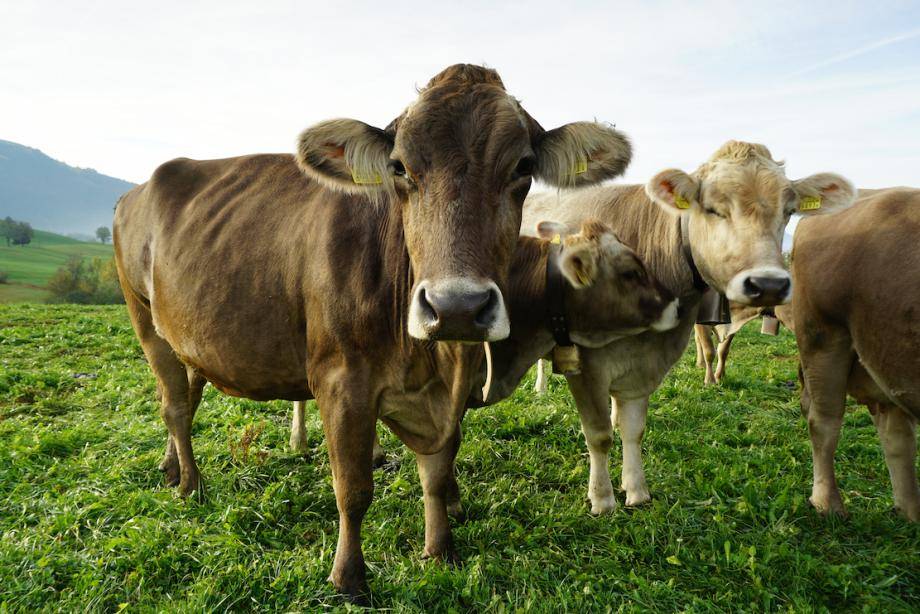
Working with partners, we will develop a Roadmap for Regenerative Dairy. The collaboration will define what regenerative dairy looks like from the bottom up.
Dairy
Reducing our carbon footprint across our supply chain is a key target of Forever Chocolate, and dairy is an important piece of this puzzle. Dairy products are a key ingredient in many of our chocolate products and it is also one of the major contributors to our corporate greenhouse gas (GHG) emissions footprint. The use of animal feed additives – like Agolin – is widely recognized as an effective means to reduce methane emissions in dairy cattle. However, in the past, there was no way to credibly verify this and thus assess the actual level of CO2e reduction within our supply chain. Our VisionDairy Charter outlines our mission to source milk in the most sustainable way possible. Subsequently, this year, Barry Callebaut teamed up with Agolin and Gold Standard in a pilot study to develop a methodology to quantify CO2 emission reduction in dairy cattle as a result of feed additives.
For the first time, we have a valid method to assess and certify CO2 insetting for the dairy producers within our chocolate supply chain. Looking forward, we are now looking to scale up this work with the farmers and dairy suppliers we already work with, while also turning to new regions to extend the reduction in CO2 from feed additives for dairy cattle in our supply chains.
In addition, this year we also joined a coalition of companies including Unilever, Ben & Jerry’s, Marks & Spencer and IKEA to partner with FAI Farms and think tank Farmwel, to deliver a Roadmap for Regenerative Dairy. The 18 month-long project aims to engage dairy farmers and businesses around a practical vision for a productive and profitable global dairy sector that also restores its relationship with nature.
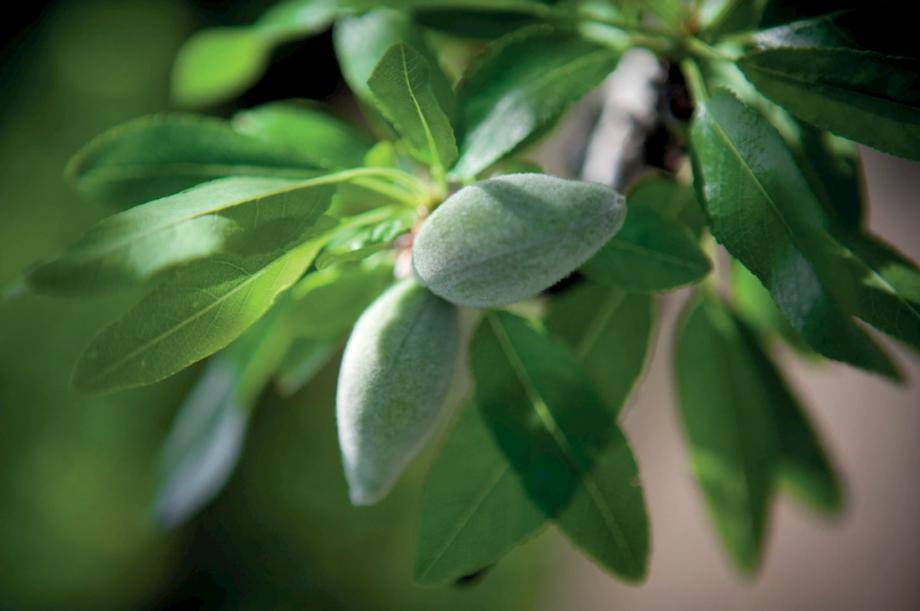
FSA, part of the Sustainable Agriculture Initiative, is a comprehensive methodology to verify sustainable farming practices. Following assessment this year, a selection of the farmers our suppliers source from have reached the silver level status.
Nuts
This year, La Morella Nuts, part of the Barry Callebaut Group, was the first nut company to source Farm Sustainability Assessment (FSA) certified hazelnuts with a selection of suppliers. As part of La Morella Nature to Nuts ambition, we will continue in the next fiscal year to implement FSA among other hazelnut producers in Italy and pistachio producers in Spain. Bee Friendly is a European certification organization that aims to identify and promote pollinator-friendly products and production systems. This year, our gourmet brand Cacao Barry committed to partner with Bee Friendly for the exclusive sourcing of certified almonds and FSA verified hazelnuts for their nut-based recipes.
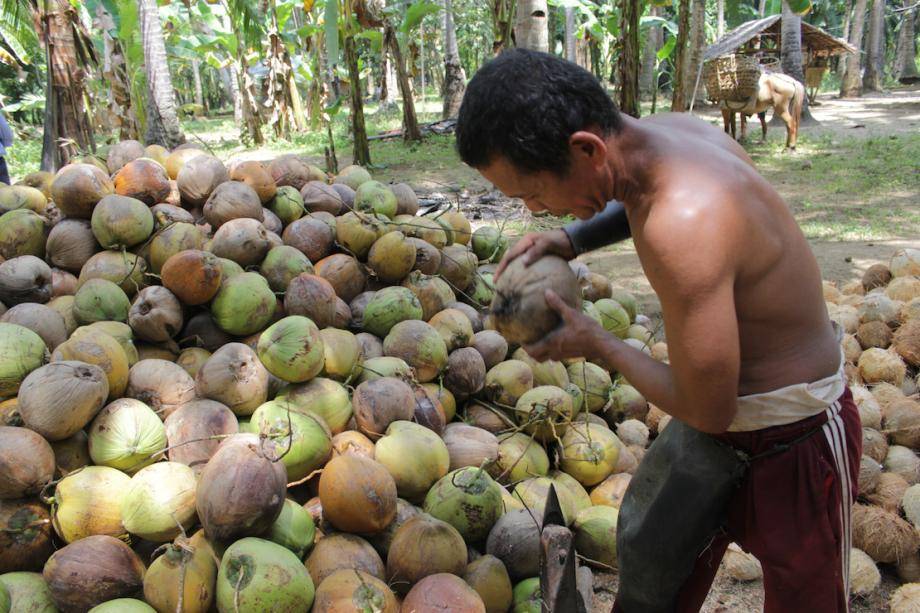
This year, we continued with our work on the coconut industry’s first Sustainable Coconut Charter.
Coconut
In recent years, there has been rapid growth of the global coconut market resulting in significant and unresolved sustainability challenges. The result has been low quality produce, low income for producers and little incentive to improve practices across the board, despite a growing market. Barry Callebaut has been at the forefront of bringing together key players and stakeholders to tackle these issues. In September 2020, we launched the world's first coconut charter to work on sustainable coconut production. With support from the US Agency for International Development (USAID), Green Invest Asia, leaders from AAK, FrieslandCampina, Harmless Harvest Thailand, Nestlé and Unilever joined Barry Callebaut to sign the coconut industry’s first Sustainable Coconut Charter. This work has progressed this fiscal year, and together with Nestlé and Proforest, we are taking the next big step by launching The Sustainable Coconut Supplier Scorecard and Sustainable Origins Assessment. This will allow us to assess sustainability risks at the sourcing locations and origin countries of our coconut supply chain, and set clear improvement targets and track performance over time. It will also help us enhance traceability by mapping out supply chain actors, and introduce a tangible incentive for suppliers and coconut origins to make improvements.
Our measured impact by 2020/21
Our Forever Chocolate KPIs for sustainable chocolate are focused on the percentage of sustainably sourced raw materials. In 2020/21, we sourced 66% (+8%) of our ingredients, excluding cocoa, from sustainable sources. Including cocoa, we sourced 48% (+2%) of our ingredients from sustainable sources.
Bringing sustainability commitments into reality is our goal as a partner to our customers. Growing consumer awareness of sustainability issues has led to growing demand for sustainable and traceable cocoa products in recent years. As such, our customer requirements for sustainable cocoa have increased in line with consumption trends. This is reflected in the increase to 43% (+15%) in the percentage of cocoa and chocolate products sold that contain 100% sustainable cocoa or chocolate.
